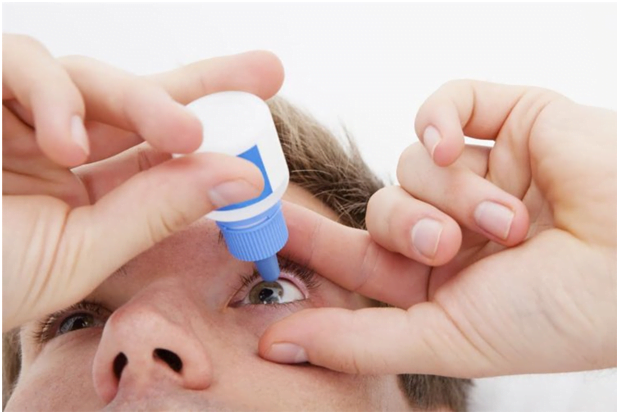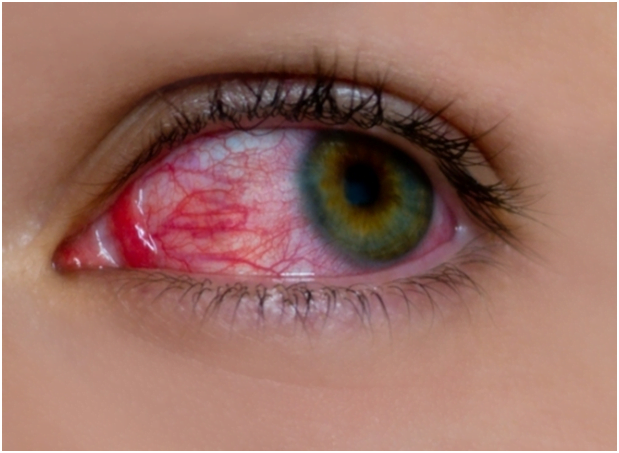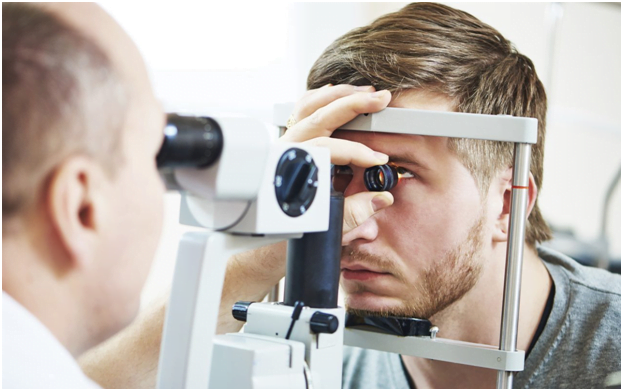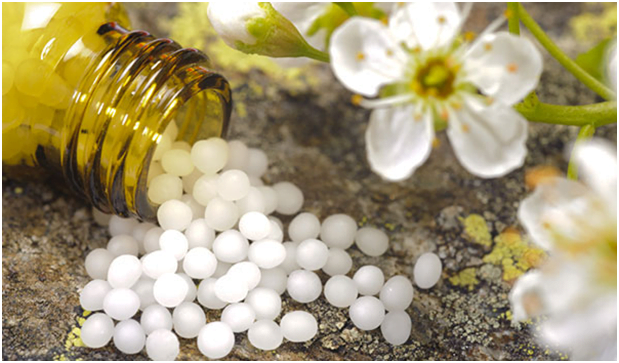How good is your vision? Do you have problems with views from an angle? You could be suffering from glaucoma. Many people who suffer from this condition are not aware that they have a problem. More than two million people in the US have glaucoma.
It comes second after Macular degeneration in the list of vision challenges that people face. It is not easy to catch glaucoma at early stages because it does not show visible symptoms, but regular check-ups can help you detect it quickly.
Doctors say that this condition could cause blindness. That is why we will help you know everything there is regarding glaucoma and how you can treat it using both natural remedies, medication, and lifestyle changes. Find out more!
What causes glaucoma?
The rates at which your eyes produce and drain fluids should be the same. Glaucoma occurs when your eyes are not draining fluids accordingly. This leads to the accumulation of pressure on your optic nerve, the lens, and the retina.
If this accumulation is not controlled, it can destroy your retina and optic nerve leading to blindness. Glaucoma may be caused by the build-up of toxins and other waste materials in your body. Nutritional deficiencies and genetics are also possible factors.
Some medication such as blood pressure medicines and antidepressants like Xanax could lead to glaucoma. You are advised not to take such drugs in excess since they can cause Xanax addiction or the loss of vision.
Glaucoma occurs in two forms namely open-angle and closed- angle glaucoma. Open-angle glaucoma occurs when the outflow channels of your eyes are clogged with debris. It develops gradually over the years. The fluids in your eye slowly build up and are drained gradually from the chamber of your eye. It causes the rise of pressure which comes with no symptoms.
On the other hand, closed-angle glaucoma occurs when the iris blocks the outflow channels. The fluid pressure in this form rises quickly and leads to intense pain on one side of your eye. This is riskier than open-angle glaucoma since it causes permanent blindness.
What are the symptoms of glaucoma?
The symptoms vary depending on the form of glaucoma you have. For open-angled glaucoma, you may experience mild headaches, peripheral vision, tunnel vision or vague visual disturbance. For closed-angle glaucoma, you may experience intense pain, nausea, swollen eyelids, watery eyes, vision disturbance or vision loss.
How can you cope with glaucoma?
Watch your diet
Your eye health is determined by what you eat. Take lots of fruits, whole grains, fish and animal products to get the right nutrients to boost your eye health. Vegetables also strengthen your vision.
Citrus fruits contain bioflavonoids that prevent you from harmful free radicals. They also keep the collagen and soft tissues surrounding your eye healthy and flexible. Taking fish oil when you have glaucoma twice a week reduces eye pressure.
Sea vegetables such as kelp and brewer’s yeast as well as sesame oils have chromium content that reduces the effects of glaucoma and ocular hypertension. Take bilberry extracts that contain anthocyanins to enhance your vision.
Try herbs
You can also try herbs such as Ginko Biloba that enhance visual damage caused by glaucoma. It boosts the circulation of blood in the sensitive tissues of your optic nerve and the brain. Take this herb continually to minimize the symptoms of glaucoma.
Go for homeopathy
A homeopathic practitioner can help reduce the symptoms of glaucoma since it is a constitutional disorder. Find one from a reputable institution to benefit from the practice.
Consider acupressure
This can reduce eye strain since it focuses on other body parts that act as acupressure points. For instance, your stomach can help relieve the pressure on your eyes. If you have red eyes from glaucoma, you can sooth them using your bladder which minimize fatigue from straining your eyes. The large intestines are useful in enhancing the flow of blood to your eyes and head.
Aromatherapy
This practice makes use of essential oils to regulate ocular hypertension and minimize the symptoms of glaucoma. Aromatherapy also balances your eye pressure and decreases stress which contributes to glaucoma. It enhances the circulation of blood to your eyes.
Maintain eye hygiene
Eye hygiene can improve your health. For instance, you should always wash your face in the morning to get rid of debris accumulated on the sides. Ensure your eyes are free from irritants. Do not use allergic cosmetics around your eyes. Limit the makeup you use near your eyes since some it may be irritating.
Avoid rubbing your eyes
Glaucoma medication may cause itchiness but don’t be tempted to rub your eyes. Try to distract your mind from the itchiness by doing something else.
Make use of sunglasses
Goggles prevent your eyes from intense light from the sun. It also keeps dust away from your eyes when you are out. Put on sunglasses when you are doing yard work or during swimming classes.
Don’t take fluids at the same time
If you love beverages, space them out on an entire day instead of taking them all at once. A lot of drinks at the same time can strain your eyes. Spacing out your drinks prevents fluid retention in your eyes.
Avoid stress
Stress adds pressure to your eyes. You can use relaxation techniques to reduce high-stress levels to improve eye health. You can also exercise to reduce stress. It reduces eye pressure and allows your blood to flow into the nerves of your eye. Find comfortable exercises since some of them can raise the pressure in your eyes.
You can also try out yoga but stay away from poses such as the plow, dog, legs on the wall or standing forward bend.
Adjust your pillow when resting
You should use a wedge pillow instead of a flat one as you sleep. This ensures that your head remains raised to lower eye pressure.
Final thoughts
You can prevent glaucoma from getting worse by using the methods above. Don’t forget to go for eye check-ups regularly. Take your medication as prescribe and stay away from irritants. You cannot risk losing your vision.




